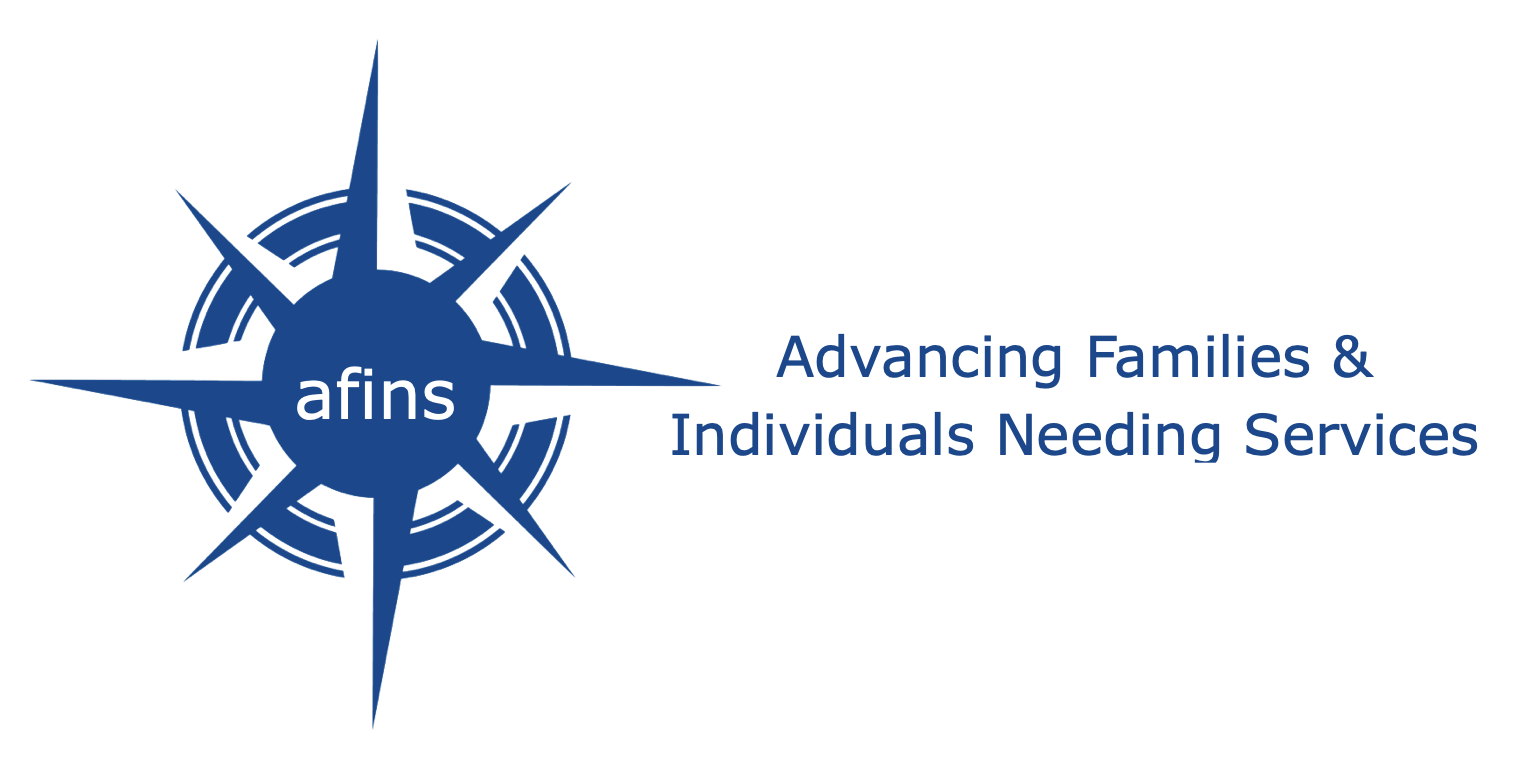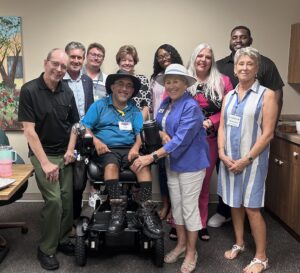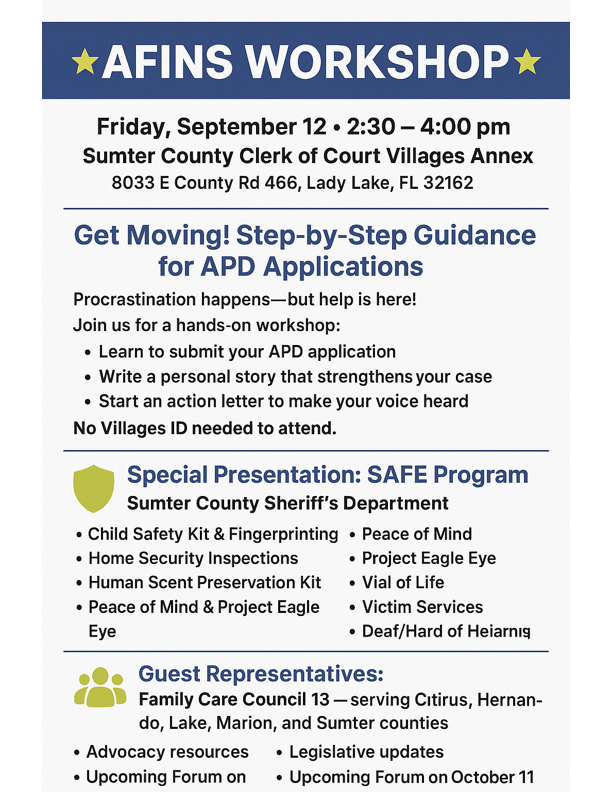After four years of relentless effort, countless phone calls, and repeated denials, we finally won our fight with the Florida Agency for Persons with Disabilities (APD). Karen, who was repeatedly denied placement, is now officially approved for the APD waitlist, opening the door to future special needs services and potential residential care. This journey highlights both the challenges families face navigating Florida’s disability system and the importance of persistence and advocacy.
Our Four-Year Journey with Florida APD
How It Started – The Initial Denial
In June 2021, I applied to have Karen placed on the Florida Agency for Persons with Disabilities (APD) waitlist, which at the time had over 28,000 people. Placement on this list is essential for individuals with special needs to access services or qualify for residential care.
Karen’s application was denied because APD requires one of two specific documents:
- School records showing enrollment in special education, or
- A psychological report with IQ test results showing an IQ below 70 before age 18.
Karen is now 67, and all her records—including Social Security records—had been destroyed years ago.
The Documentation Roadblocks
Over the next four years, I made more than 100 phone calls to schools, medical providers, government offices, and group homes. I even located one of Karen’s former special education teachers—after more than 20 calls—who confirmed she was in her class. Despite submitting 14 documents of supporting evidence, APD denied her again.
Repeated Appeals and Delays
Disability Rights Florida declined to take our case. Our State Representative’s office contacted APD twice over two years—without any response. I reached out to APD’s Ombudsman repeatedly, leaving nine messages with no reply. Even after being reassigned and resubmitting the same application, APD failed to decide within the legally required 90 days.
Breaking Through – What Finally Worked
Reconnecting with APD Leadership
In June 2025, I attended a special needs convention and spoke directly with an APD Director. This personal contact seemed to finally move the process forward.
The Critical IQ Test and Evidence Submission
APD scheduled an IQ test for Karen on June 25. Weeks passed with no response, until I followed up with the Director. Soon after, APD sent a denial letter—twice. I escalated the issue to the top level of APD management and re-sent the 14 documents proving Karen’s lifelong disability
Overturning the Denial Letter
On August 9, I received a call from the Director, who admitted the denials were sent in error. She apologized and confirmed that Karen qualifies for the APD waitlist based on both the IQ test and the evidence I had submitted.
What This Means for Karen’s Future
Waitlist Placement and Potential Services
Karen is now officially placed on the APD waitlist—currently over 21,000 people long. This does not guarantee immediate services, but it ensures she will be eligible for future programs, including residential placement if needed.
The Current Status of Florida’s APD Waitlist
The waitlist remains long, and many families continue to face unnecessary delays. Our experience highlights the need for a more transparent and responsive system.
Lessons Learned and Advice for Other Families
Key Steps to Take When Facing Denials
- Document everything. Keep copies of all applications, letters, and evidence.
- Be persistent. Follow up regularly, escalate when necessary, and don’t accept silence as an answer.
- Seek support. Contact legislators, advocacy groups, and anyone who can help open doors.
Importance of Persistence and Documentation
This process took four years, more than 100 calls, and relentless follow-up. Without persistence, Karen would still be denied today.
A Call for Reform and Advocacy
The Systemic Problems Families Face
Our story is not unique. Many families encounter denials, lost records, and unreturned calls when seeking help from Florida APD.
How You Can Help Drive Change
Support disability rights organizations, contact your representatives, and share stories like Karen’s to raise awareness. Change will only come when these systemic failures are addressed.
Final Thoughts and Gratitude
This victory is more than just a placement—it’s proof that persistence and prayer can move mountains. I am deeply grateful for everyone who supported us along the way. Karen’s future is now more secure, and I hope our story inspires others to keep fighting for their loved ones.
Help Spread the Word
Stories like Karen’s are far too common. By sharing this post, you can raise awareness about the challenges families face in securing disability services in Florida and help push for meaningful change.
Story by Kristy Sullivan





